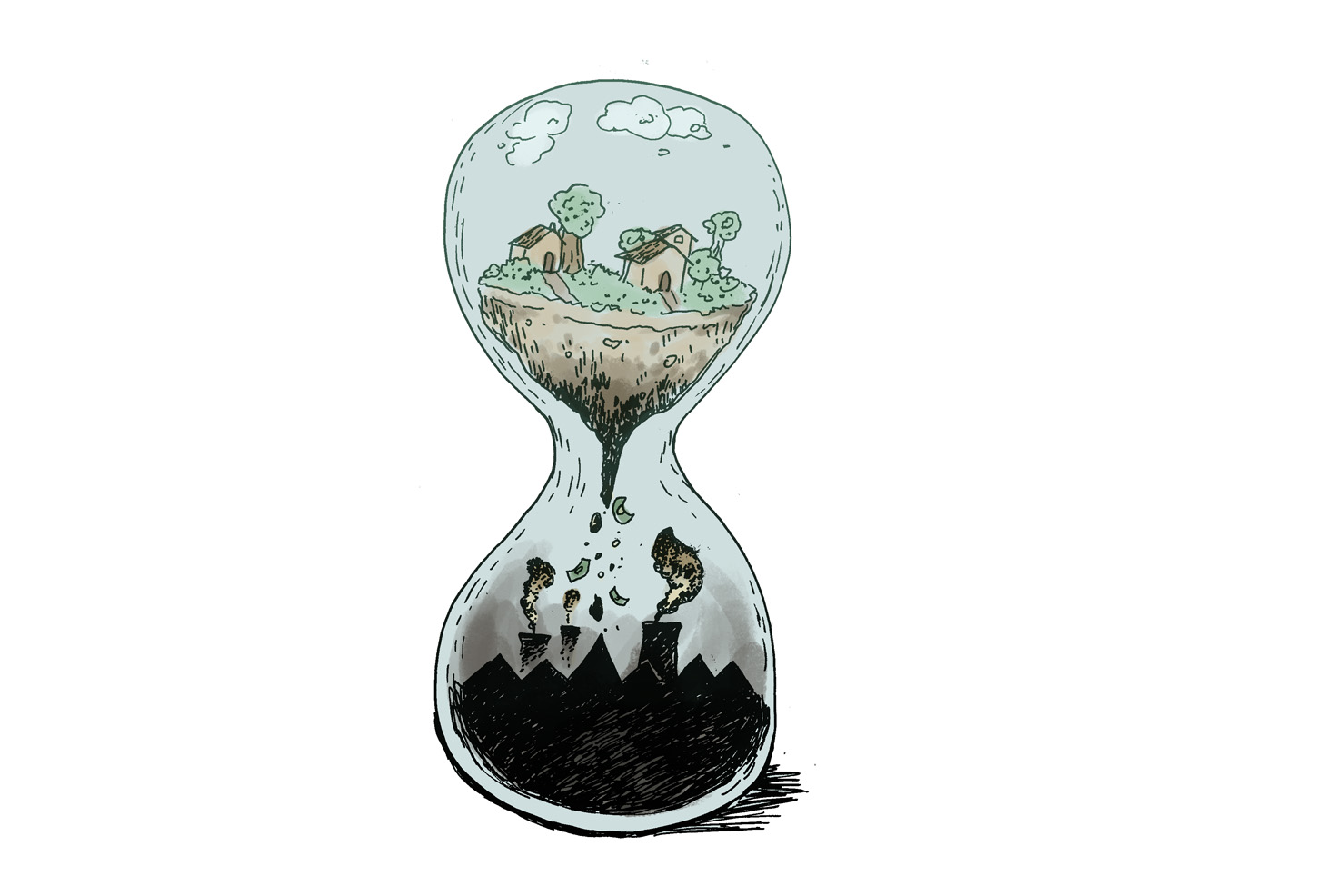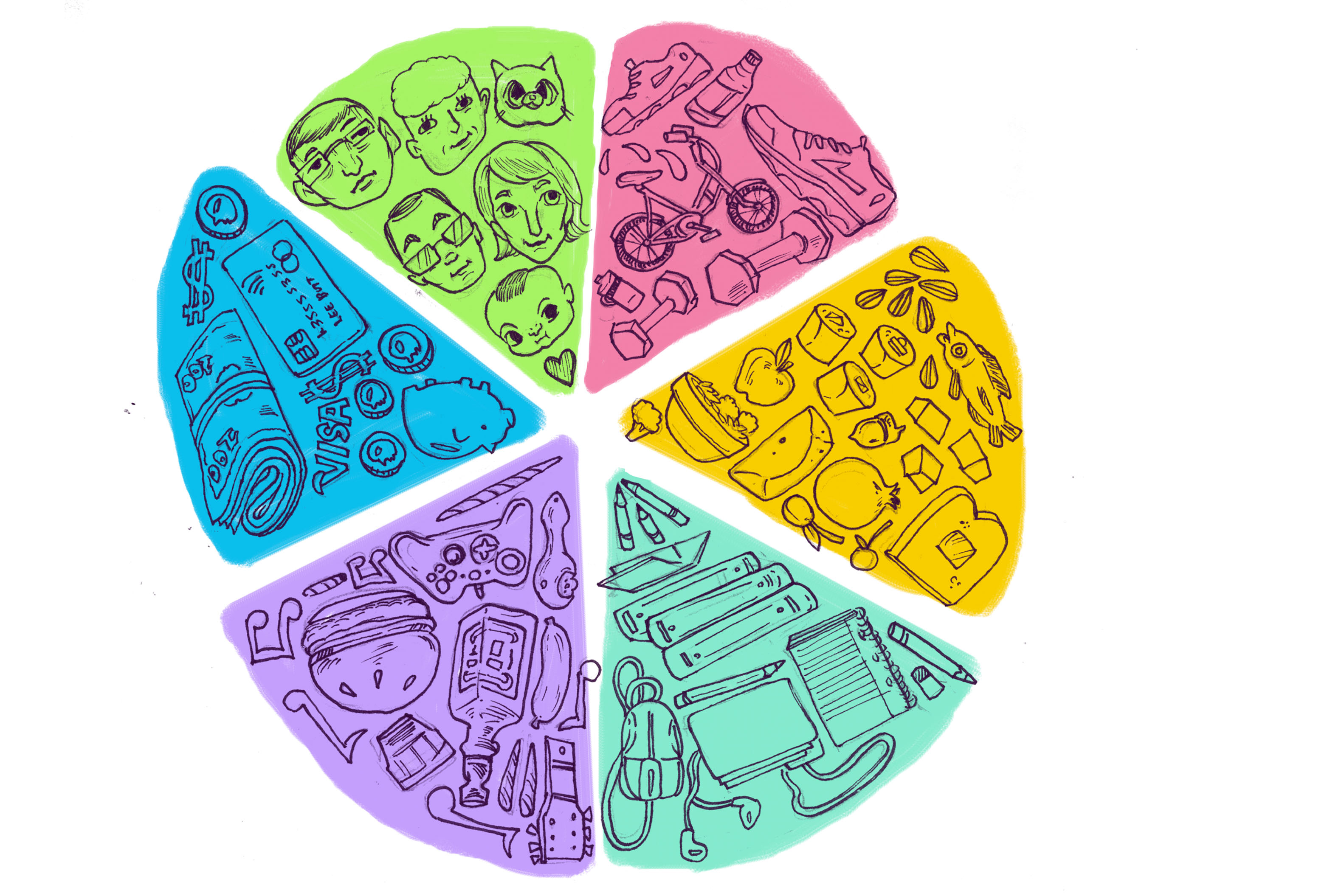I freaking love Portland. I love the access to amazing theater, diverse music, and a cross-section of arts. I love the availability of everything I could ever want or need. I love the easy access to nature, and the beauty and cleanliness that is so well known here. I love the food (Yeah, especially the food).
Students come in droves to attend Portland State and partake of all that our picturesque city has to offer. However, what is the price for all of this conspicuous livability? Lucky enough to have been born and raised here, I have watched Portland morph from a residential city, to a large town, into the thriving metropolis that it is today.
Along the way I have seen myriad businesses close down because they were unable to compete with larger, financially stable businesses which moved here from Silicon Valley—businesses that were willing to pay higher rent prices.
I have seen entire neighborhoods shift from centers of racial diversity into hangouts for fledgling hipster artists for the same reason. Landlords raise rent as a way to get ahead in a city which has historically high numbers of freelance creatives and low percentages of highly-paid professionals.
When landlords can charge twice as much to fill a classic, old Portland craftsman with half a dozen young singles rather than charging a single family an affordable rate, why not?
If they can get more rent money from a fancy restaurateur over a second-generation immigrant family running an ethnic food joint in the same location, shouldn’t they go ahead and make a profit? Landlords have to look out for themselves, right?
Portland was founded on the logging trade, which drew in the dislocated and the loners—the fringes of society. We had a colorful past filled with gambling rooms and whorehouses where dock workers hung out in dive bars near the Shanghai tunnels. We stand on a past of making a dollar any way we can.
We are the rugged home of one of the last parts of this country to be settled, and we have welcomed many poor into our fold in the process. These are our foundations. Until recently, Portland had long been an inexpensive place to come and start new.
I’m all for getting ahead. My grandparents immigrated from Ireland during the potato famine and I dream of finding a way to make my fortune. However, I don’t want to make a fortune like that!
Portland has no cap on rent increases and has seen rates rise over 15 percent just in the third quarter of 2015. That sucks for me and all my college-educated disenfranchised artist friends (and housemates) who have to pay $150-a-piece more per month for rent.
However, this is who the problem really affects: families who have lived in their homes surrounded by their community for years, maybe even for generations. Families running food establishments that act as their only source of income, often meant to support extended family as well. Single parents with one job and half a dozen mouths to feed.
All of them have been pushed out of their neighborhoods to live on the outskirts of the city in crappy apartments, with any modicum of community, scattered to disparate corners like discarded trash.
The question we need to ask ourselves is what kind of city we want Portland to be. Because PSU is directly in the middle of the city, the students here have a strong foothold in deciding the future of our beautiful home. We can choose what we support by how we spend our money. Cold hard cash is the real policy maker and how we spend it makes a difference.
This doesn’t mean we shouldn’t go out to eat and it doesn’t mean we should miss a show. In fact, it means quite the opposite. Frequenting local businesses and those with sustainable business speaks volumes for the way we want our city to function.
Many people that live on or around campus are new here and don’t know the foundations upon which our town was built. However, we are all part of deciding what we want the future to to look like.
It’s a logical conclusion that a free-trade economy would have a survival of the fittest ideal, but there needs to be room for a community mentality. Like I said, I like good restaurants and culture, but why can’t we have both an affordable community-oriented city and a city with all of the comforts we have grown accustomed to?






